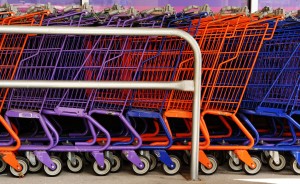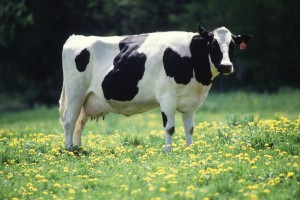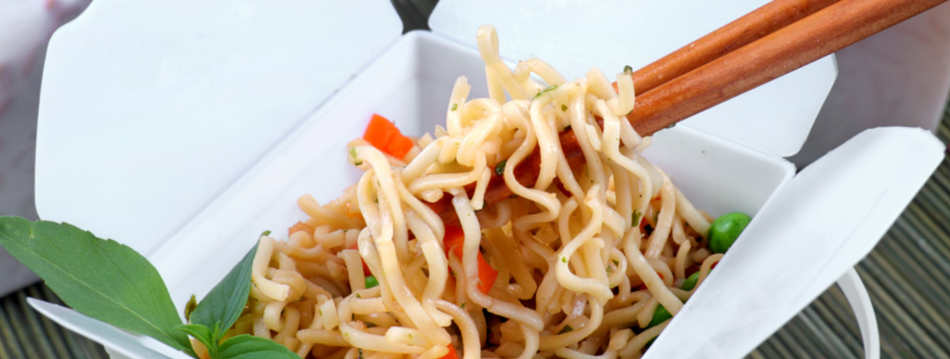
rainbow of carts
We are constantly bombarded with choices, so many that at times it seems what we choose hardly matters, but that’s not true, it has become more and more important to make good choices. We make choices when we turn on the box that delivers our television viewing, when we go online to shop, and every time we set foot in a grocery store. What has become an awful reflection on the world we live in, is that we must often choose between price and quality. If you haven’t seen Food Inc, please, please watch it. One of the most striking themes in the film is the choices people with extremely limited means are forced to make as they choose between the cheap, but filling fare at McDonalds or someplace comparable vs. buying fresh food. I don’t know how many people reading this actually have to make those kinds of choices daily, but the choices we do make are critical.
How often do you consider what a business does or doesn’t stand for before you spend your hard-earned dollars there? The news may be deluged with stories about the owner of Barilla Pasta making ridiculous comments about the type of family he endorses, or showcases in his advertising, and this is just the tip of the consumer iceberg. Take another step back, and think about your shopping habits. Do you buy organic produce? There has been so much written about whether organic produce is better/healthier/worth the extra cost, I won’t address that, but this is a prime example of how you vote with your dollars.
We don’t want to know how the food got to us, we just want cheap, plentiful food, and somehow we have convinced ourselves that this system that produces that cheap, plentiful food is sustainable, but it is the exact opposite of sustainable! Conventional farming is flooding (literally) out rivers and streams with deadly pesticides, not to mention what residue from those pesticides remains in the food we consume. The meat industry is even worse, creating hundreds of acres of waste lagoons that even if they remain unbreached, pollute the air with nitrogen at levels that threaten to become the next major pollution issue.

Huge companies like Monsanto are creating an environment where farmers choose to either be completely dependent on using their GMO corn and soy, or being litigated out of business should a stray seed make its way from one farm to another (where the farmer hasn’t opted into Monsanto’s contract). What Monsanto has done in the U.S. is atrocious, and are you aware what they’ve done overseas? They went into poor rural communities and ‘gave’ them free seeds to farm. Sadly these were what are called ‘suicide’ seeds, that don’t reproduce, and so the following year, rather than using seed from the previous year’s crop, these same farmers were forced to buy new seed from the generous company who had given them freely just a year ago, but now they must leverage their land to buy those seeds.
We are over-fishing our waters, and the commercial fishing industry is wreaking havoc on fish populations to feed our ever-increasing appetite for diminishing species. People believe that all farmed fish is bad, though that’s not necessarily the case. The Blue Ocean Institute keeps a list of sustainable seafood and ranks it by three categories; from endangered to abundant. It’s worth taking a look, the list changes often. It’s worth taking a look at the frozen fish products you buy in the form of fish sticks, or fish cakes to see what type of fish they contain.

free roaming chicken
Your choices do count! You matter, as a consumer, as a voter, as a participant in your community and our society. It matters if you contribute to fast food, to convenience food, to meals so far removed from their origins that their ingredients have nothing to do with what they are meant to be. If you have children you need to choose the sustainable over the commodity. You invest in their future every time you grocery shop. The more we as consumers cast our votes for sustain-ably farmed produce, humanely raised meats and poultry, abundant fish we are choosing a better future for our children. Shopping like this, making these choices today can seem like a luxury, but only if you are willing to sacrifice tomorrow.
When you’re shopping is it more than price that drives your decisions?
Are you willing to eat less better quality meat, poultry and seafood?
Do you have access to grass-fed beef, pastured pork and chicken, and abundant organic food near where you live?

Image Courtesy of The Butcher’s Apprentice http://butchersapprentice.wordpress.com/




.jpg)





Anna Belle - You would love the movie Fed Up, I think! I was just reading about the 10 day sugar challenge and how bad processed foods can be.
I also wonder if the choice is not really one about money – we can make some pretty nice meals with dry pasta, tomatoes from the garden, tuna fish,… Fresh bread is cheaper than store-bought – home made pizza is a lot cheaper than ordering in. I think the choice is one of time and energy! And that’s going to take a culture change to fix that!!!
nrlowell@comcast.net - Anna Bell,
I completely agree, and I’m looking forward to seeing Fed Up!
Thanks for stopping by.
Rhonda - I didn’t know about the Blue Ocean Institute site. That is great! I trust the “fish girl” where we usually shop. She is a great source of information. Last week, however, we picked up some fish we’d never had (and I’d never heard of) at a different store. I just looked it up and got a ton of information on it.
nrlowell@comcast.net - Rhonda,
You’re lucky to have “fish girl” most retail workers are clueless, unless you go to places like Whole Foods Market, or a real fish monger.